Ahead of the League of Legends 2019 EU Masters, we had the chance to talk with Timotej “Zen” Štempihar, coach for Splyce Vipers. His team recently won the LVP SLO after upsetting many favored teams in the playoffs. Zen shared his thoughts on the League of Legends regional leagues, his team, the upcoming Masters, and coaching in general.
Daily Esports: Zen, you have been a coach for quite a few years now. Having coached in five different regions already, what would you say are the major differences, both in terms of play as well as the infrastructure?
Timotej “Zen” Štempihar: I would say that the infrastructure more so than being dependent on the region is more dependent on the specific organization you work at. Some organizations give you a lot of resources, and in others you have to be a one-man army. This means you have to work 10 different roles alongside being the coach. [laughs] I would say that most regional organizations usually just employ one head coach and maybe an analyst or assistant coach. But … this has changed in the last year or so, and more and more organizations are hiring additional staff even in regional leagues, such as assistant coaches/analysts, nutritionists, positional coaches, etc.
In terms of the level of play, I would say it heavily depends on a lot of factors. There were times for example when Spain was undisputedly the king of regional leagues. These days, France and even Poland are producing some really strong competition and are for sure in competition for the best regional league. Even the UK is picking up steam with strong Academy teams. As far as Russia is concerned, I think it depends on the year you look at. How can anyone forget the glory days of Moscow Five, Gambit, and Albus NoX Luna/Hard Random? Russia as a region has had many high highs and low lows. It really depends on the time frame you look at.
Which of these regions did you enjoy working in the most?
I’ve enjoyed all the regions I’ve worked in so far. My stay in Russia wasn’t very successful result-wise. Luckily, the ROX organization I worked for and the people there were very nice. My stay in France was short, so I can’t really say much other than that they have very passionate fans. In the UK, even though LoL is rather small compared to most other regions, the Misfits organization and their manager Joe “InnerFlame” Elouassi as well as the players were a pleasure to work with. And most recently, of course, Spain, the energy from the Spanish fans and LVP scene as a whole was simply amazing. I think the Spanish fans should be very proud of their regional league.
You previously worked with the Misfits organization and even won a few championships with Misfits Academy. How would you say your current team compares to the Misfits roster you used to coach in the UK?
The teams are very similar in some respects but extremely different in others. For the similarities, two pairs of players are quite similar. Jordan “Shikari” Pointon from MSF Academy is very similar to Andrei “Orome” Popa from the Vipers. They’re both players you can always rely on to have a cool head and be one hundred percent focused on the game. They rarely tilt and deliver solid performances. The other pair would be Lars “Chrisberg” Christiansen from MSF Academy and Aleš “Freeze” Kněžínek. While there are many differences between them as players, they both share the same very important quality. They’re very reliable and consistent. You can put both of them on a strong matchup or a weak matchup and would get a good baseline result. This is incredibly valuable to any team.
For the differences. I would say that SPV is a much greater challenge to coach. We have five highly talented players who all have strong and oftentimes different opinions on how to play the game. Then you also have the opinion of the other coaches and finding consensus and facilitating progress is slower. On the other hand, we never run out of things to discuss. While sometimes a downside, we as coaches at least know that the players aren’t afraid to share their opinion.
After a rough start to the split and nearly missing the playoffs, your team was able to win the split. What seemed to be the problem during the regular split? What did you and your team do to fix it?
Every team should naturally get better as the split goes on. Coaching has more of an effect over a longer period of time, and the players hopefully start meshing together over time. I would say the Vipers have a duality problem. We are very inconsistent with our performance. On good days, we can stand against medium or even high-tier LEC teams on equal footing results-wise. On bad days we can lose to literally any team no matter how much individually better we might be. So you could say that we’re a team that can always lose to any team but also win against any team. I would say that our success is almost never determined by the strength of the opponent but our own internal state as a team, more so than any other team I’ve coached.
You previously mentioned that you think Orome will end up on an LEC team. What about the other players on your team?
I think all the players on SPV have the potential to be in the LEC one day. It all depends on hard work and focusing on self-improvement not only within the game but on themselves as players and teammates. I think Freeze, especially in the last month and a half, has been playing out of his mind, destroying every ADC in scrims — regional and LEC ADCs alike. He has almost completely fixed the issues he had at the beginning of the split and is one of the hardest working players I’ve met so far. He really has a lot of respect for the grind, so not seeing him in the LEC in the near future would be a travesty.
I would say that in the eyes of the public, everyone expected the roster to stomp everything from the beginning. But I’ve seen enough in the last eight or so years since I first started following professional League of Legends to know that super teams oftentimes don’t work out. There are plenty of examples of that both old and recent.
Looking ahead at the upcoming EU Masters, you are seen as one of the favorites to win it all. Which teams do you feel will be your toughest opponents and are there any particular teams you would really like to face?
I would say that our stance for the European Masters is cautiously optimistic. Like I said previously, we can win even versus the toughest teams without many difficulties on a good day, and we can drop games to even some of the teams people wouldn’t expect us to lose to. I think Rogue and LDLC are the toughest. I do expect both of them to drop some games to teams you would never expect them to lose to. SK Gaming Prime made a statement by going 5-1 through play-ins, so I look forward to facing them in our group. Obviously facing Fnatic Academy or Misfits Academy in the semifinals or finals would be fun as well. It’s always interesting to play versus your previous players and teams; it all adds to the excitement.
Lastly, how did you, coming from a country as small as Slovenia, get to coaching professional teams?
I’ve only been coaching League of Legends professionally since 2016. Prior to that, I’ve been coaching for about eight years. I started like most coaches by teaching my friends online, then coaching individuals for small amounts of money. I eventually wanted to start coaching teams, so I coached a few smaller clubs (not even official organizations) and later returned back to individual coaching. In 2016, I joined Bulldog Esports, my first “real” organization, and since then I have been working my way up slowly but steadily. I have always had the belief that hard and fair work is all I need to eventually succeed. There were some pretty dark times, and a year and a half ago I was even considering quitting.
Fortunately, that belief and the support from my friend James MacCormack [coach for Splyce] allowed me to keep pushing forward. It’s been a very impressive climb upwards since then. The beginning of my career wasn’t that great results-wise. However, the last year and a half have been excellent. I’ve won every trophy I could. The first place trophies in the last three splits. Also had the chance to learn and work directly with two LEC teams [Misfits and Splyce], so I’m happy with my recent results. But these aren’t achievements I can just sleep on. I’ve been learning as much as I can from the Splyce LEC coaches Peter Dun, Hadrien “Duke” Forestier, and Mac. I want to continue learning as much as I can to continue my success.
We would like to thank Zen for taking the time to talk to us and wish him the best of luck in the upcoming EU Masters tournament, as well as in his future career as a coach. And don’t forget to follow Zen on Twitter!


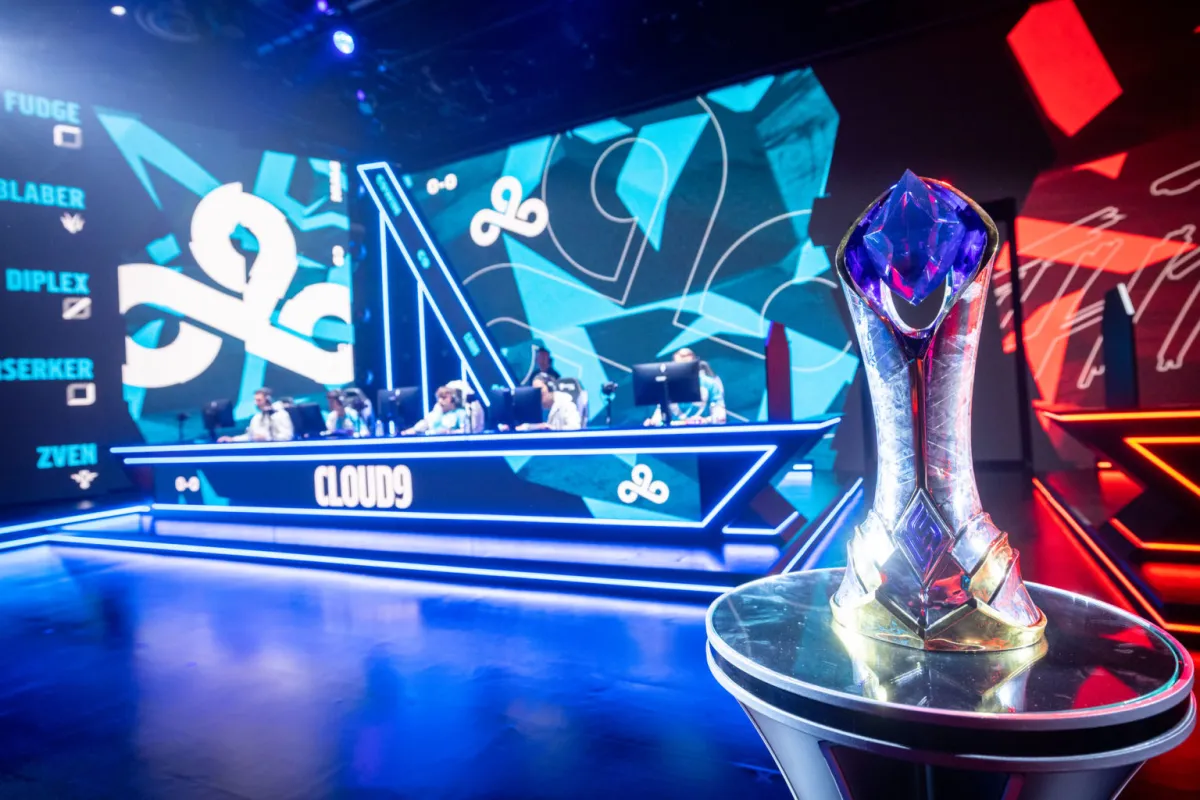

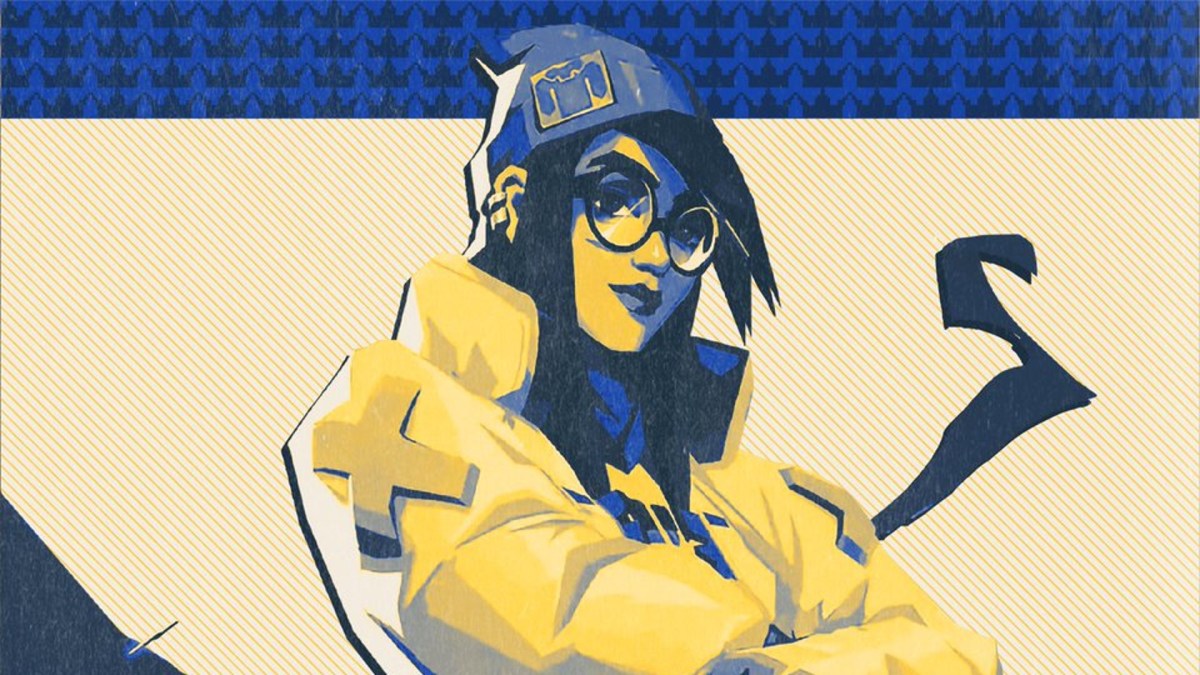
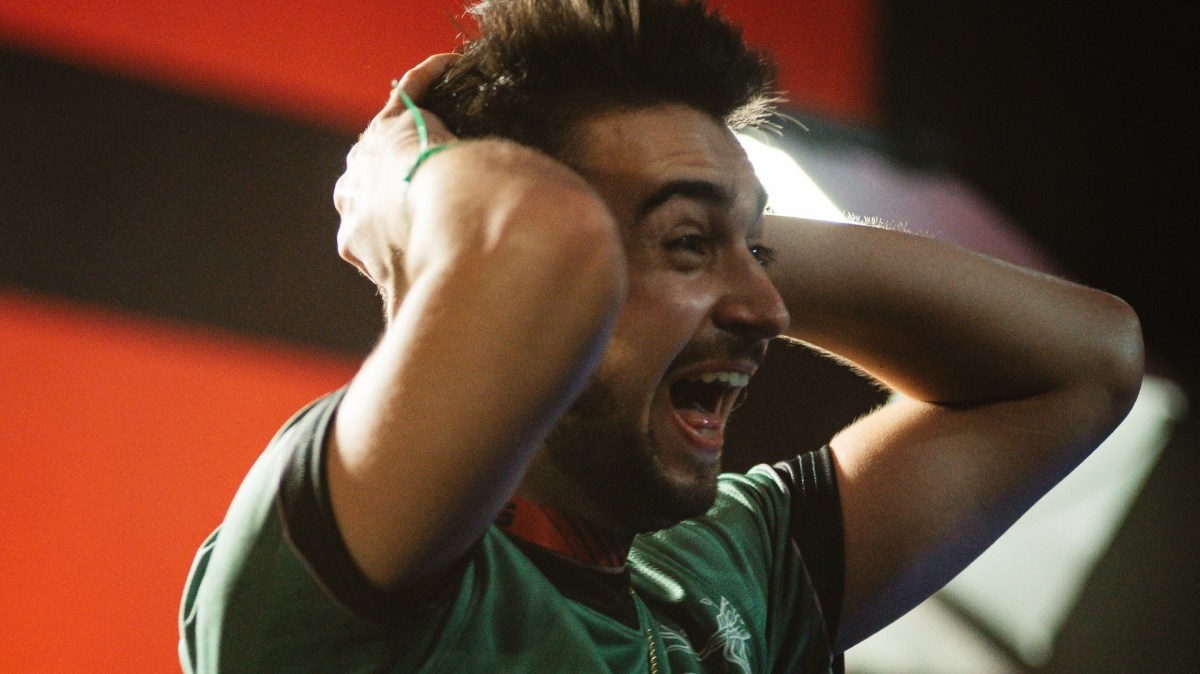
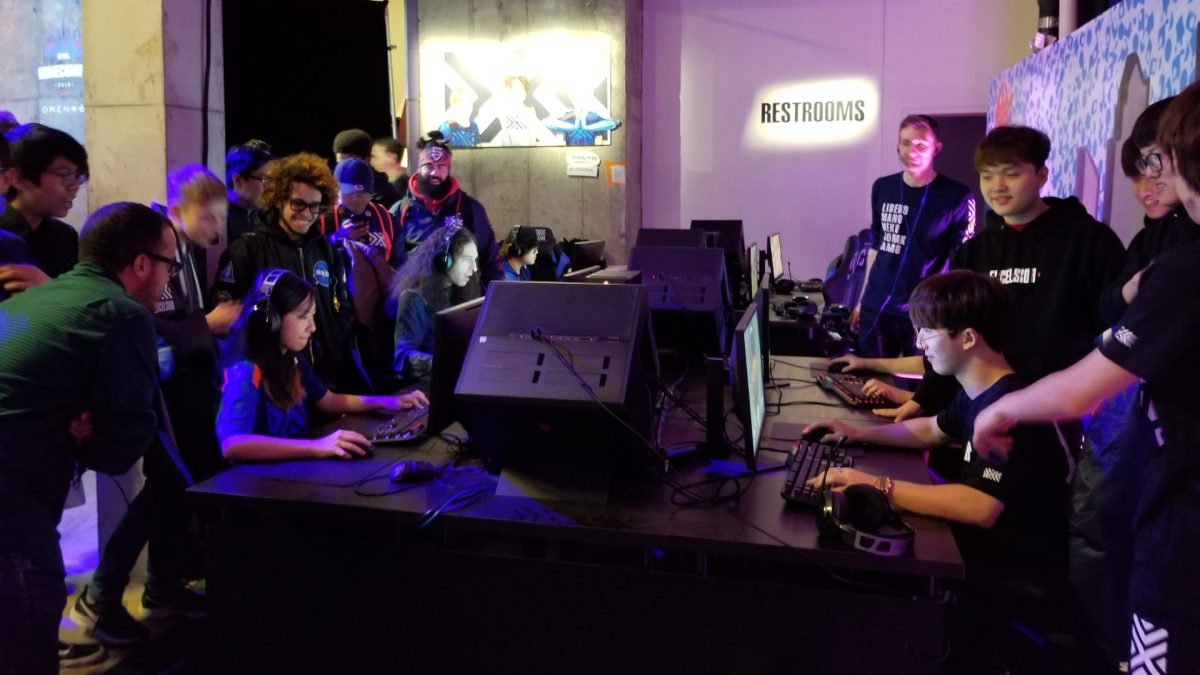
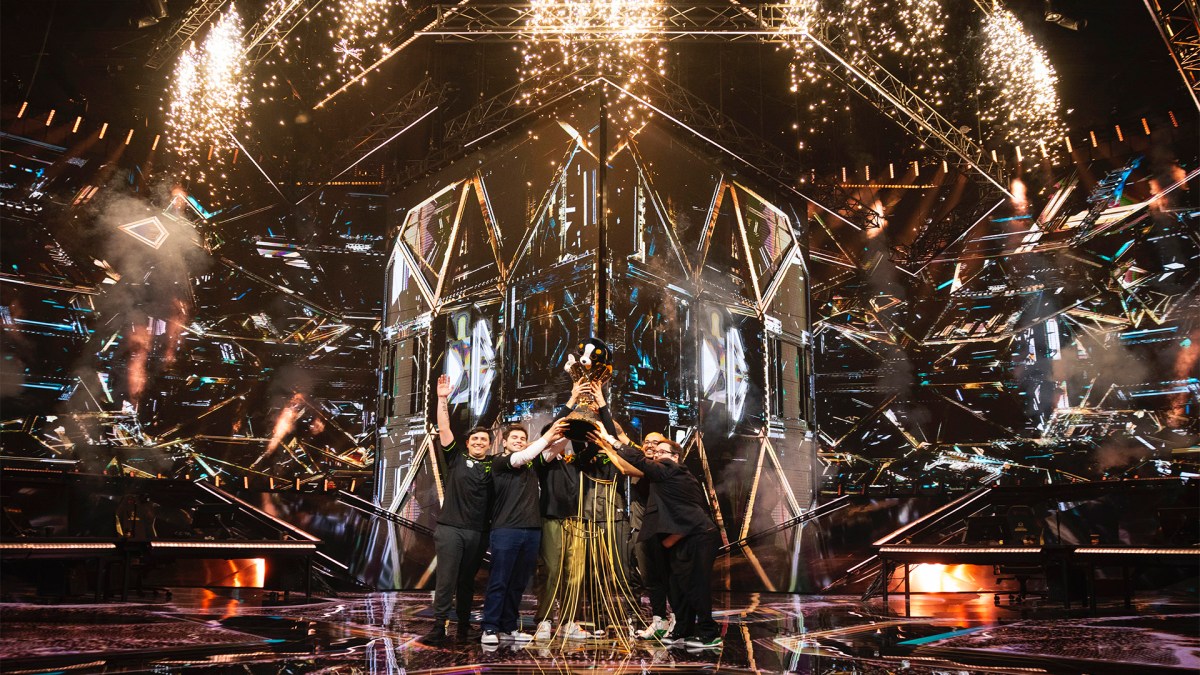
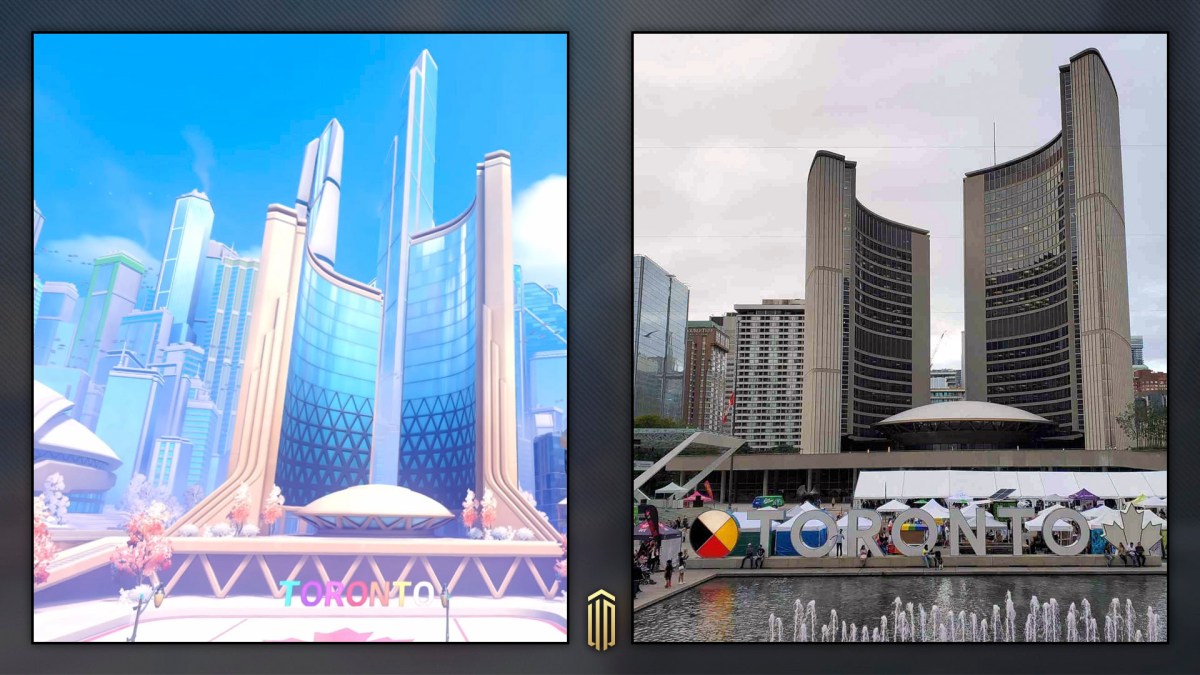
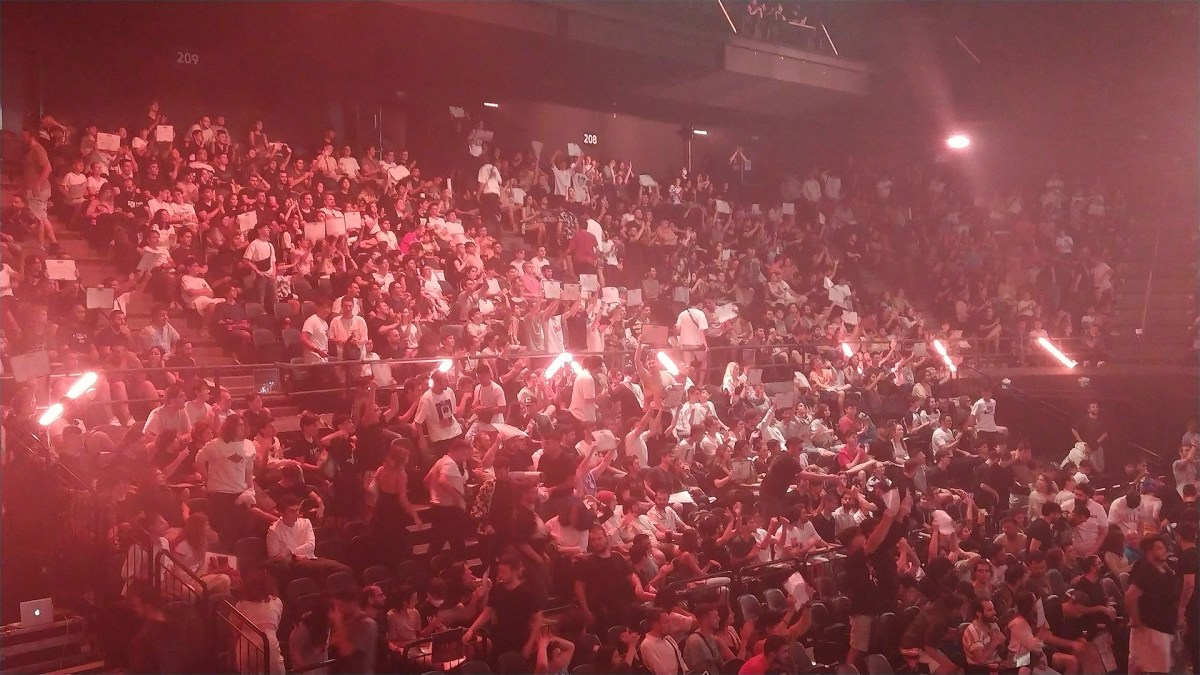
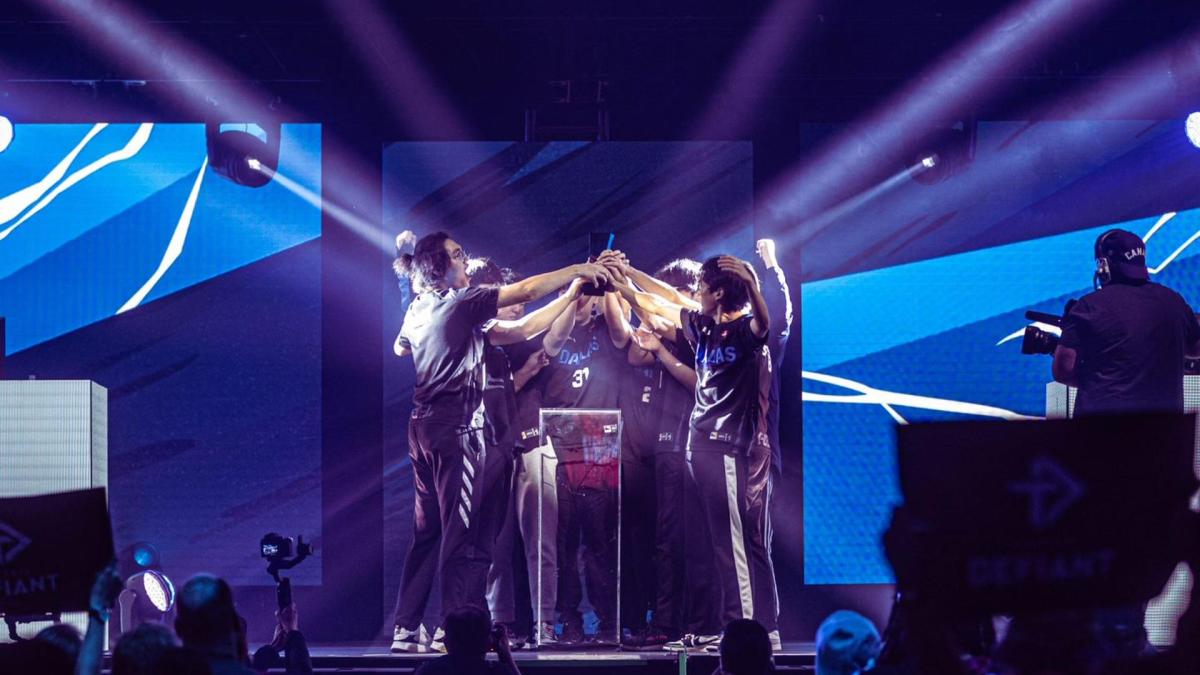
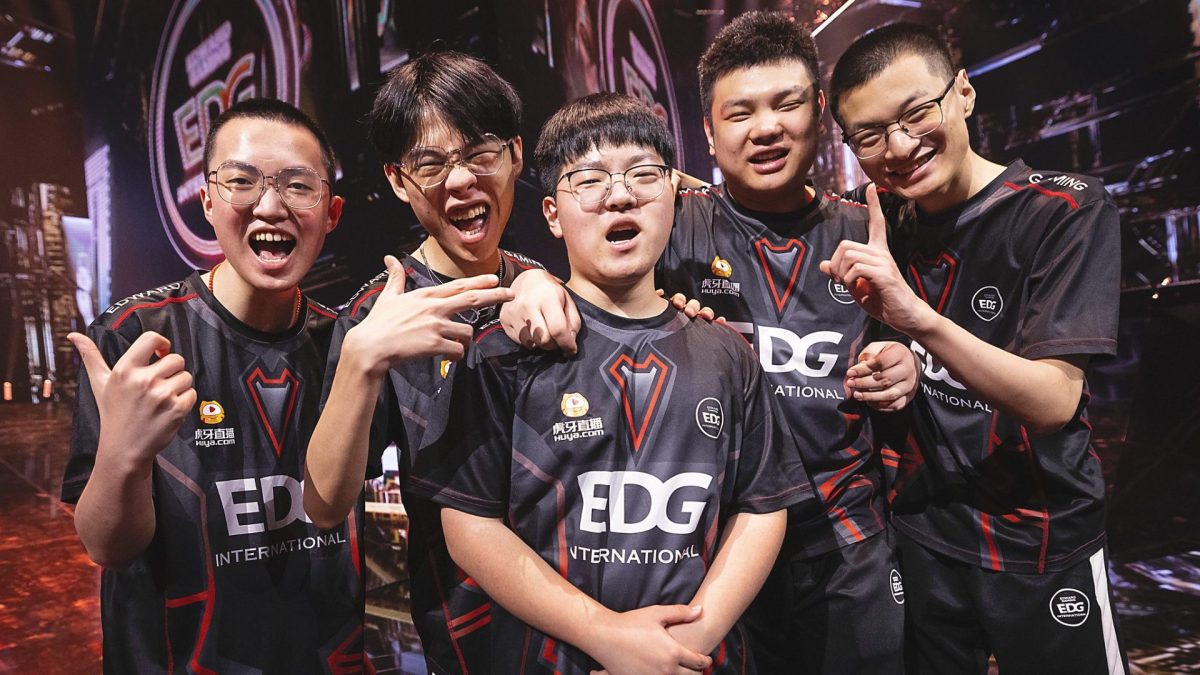
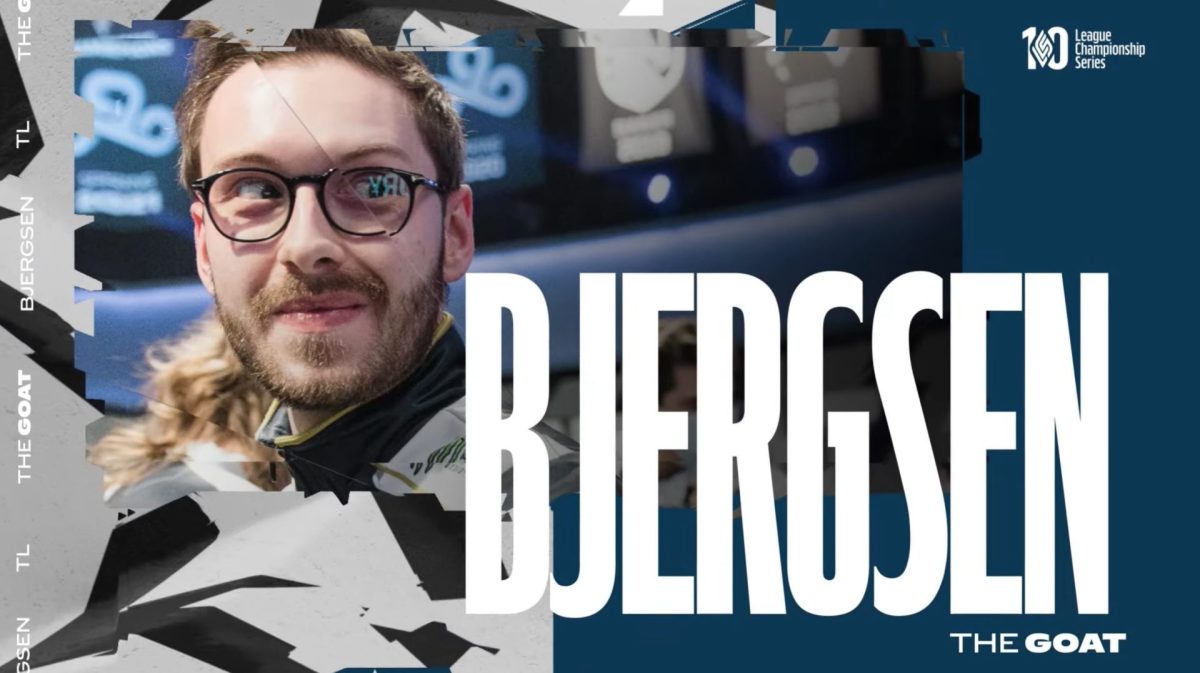
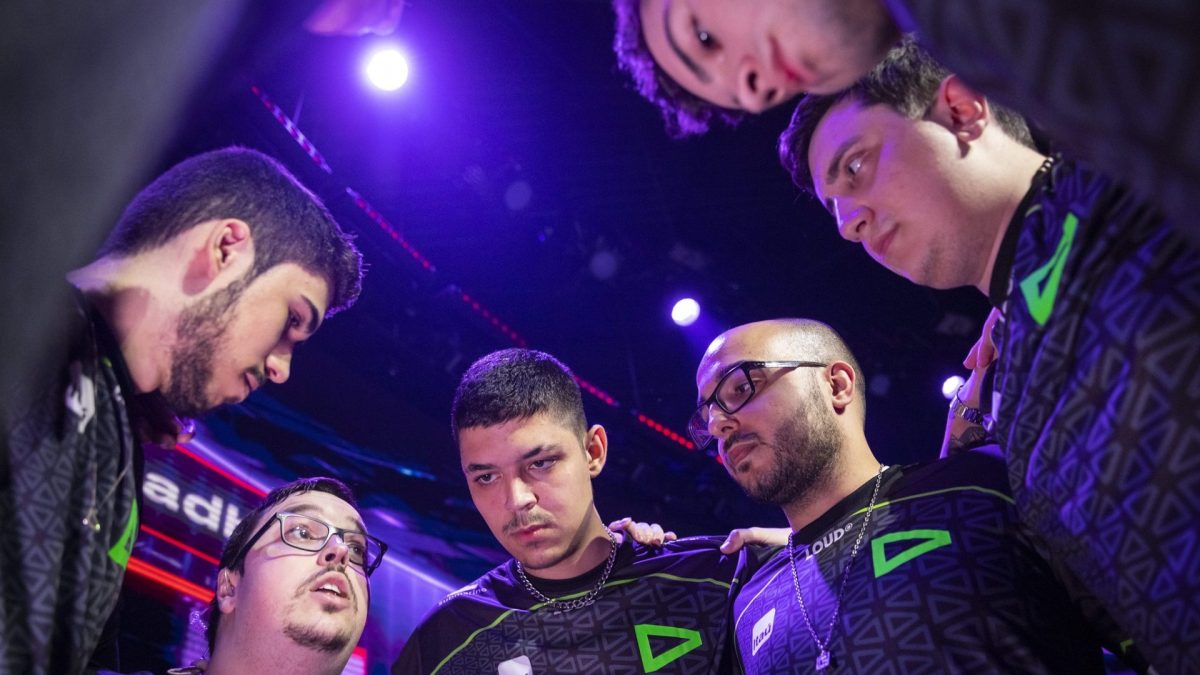

Published: Apr 15, 2019 08:00 am